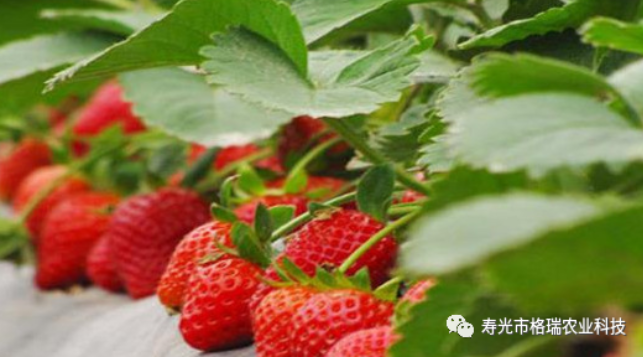|
How to improve soil fertility when growing fruits and vegetables?What farmers say about soil fertility and thin soil is scientifically called soil fertility, also known as soil fertility. Soil factors that affect plant growth include: soil moisture, soil nutrients, soil air and soil heat, etc. These factors are also known as soil fertility factors. Soil fertility refers to the ability of soil to continuously provide and coordinate water, fertilizer, air and heat for crops. Various fertility factors influence each other and are inseparable. Therefore, soil fertility is the comprehensive performance of various fertility factors, and is an important factor in determining crop yield.
1. Classification of soil fertility Artificial fertility: It is the fertility of the soil formed by human factors such as farming, fertilization, irrigation, and soil improvement. The level of artificial fertility is affected by many factors. The developed soil has both natural fertility and artificial fertility, and the relationship between the two is that natural fertility is the basis and artificial fertility is the leading. Effective Fertility: Due to the limitations of environmental conditions and management levels, soil fertility is often only partially manifested, this part Focus on improving the cold tolerance of plants. Different crops have different cold tolerance, and the same crop has different cold tolerance. It is mainly related to the concentration in plant cells. Nitrogen fertilization, vigorous growth, soft long-shade plants, etc., the concentration of cells in the body decreases, and the cold tolerance decreases. Soil is a magical thing, how did it form? After the rocks on land are weathered, they are leached, denuded, and transported through various external forces, and finally deposited in lakes and oceans, where they are consolidated into various sedimentary rocks. The crustal movement was re-uplifted to become terrestrial rocks, and subjected to weathering again, the original minerals were decomposed and formed clay minerals, soluble substances were produced, nutrients were released, and conditions were prepared for the appearance of green plants; at the same time, leaching also occurred during the weathering process. The leaching process makes the effective nutrients move to the lower layer and the outside of the soil, which has the effect of promoting the renewal of soil materials. To sum it up in one sentence, that is to say: rocks are composed of various minerals, soil is evolved from rocks, and soil is the "aggregate" of various minerals. As long as nature is still in motion, weathering and Leaching does not disappear, nor does the soil's ability to release mineral nutrients. From this point of view, as long as there is soil, there is absolutely no need to worry about the day when the natural fertility in the soil will run out. 3. Source of natural soil fertility The natural fertility of the soil comes from both the soil itself and the remains of animals and plants. Generally speaking, if weathering and organic matter accumulation, decomposition, and humus synthesis are stronger, but less absorbed and utilized, more nutrients are preserved in the soil, and the fertility level will gradually increase; if weathering and organic matter accumulation, decomposition, and humus The synthesis effect is weak, and the absorption and utilization are more, the nutrients in the soil are less preserved, and the fertility level will gradually decrease; when the two effects are evenly matched, the development of soil fertility is in a dynamic equilibrium state. Among the factors that determine fertility, weathering is extremely slow, and the way to improve fertility is mainly to increase soil organic matter. Whether it is to release fixed mineral nutrients or to speed up the conversion of organic fertilizers, the participation of microorganisms is required. The application of bio-organic fertilizer is the main means to develop the potential fertility of the soil. Microorganisms play an important role in the conversion of material and energy in soil, and are an important link in the ecological chain of material circulation and cannot be replaced.
|





